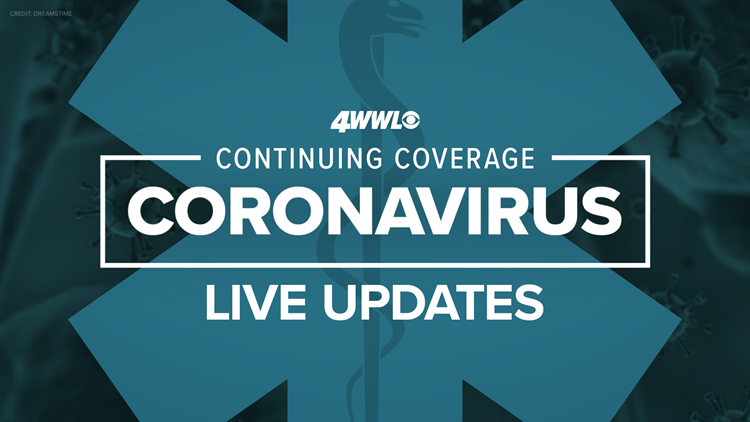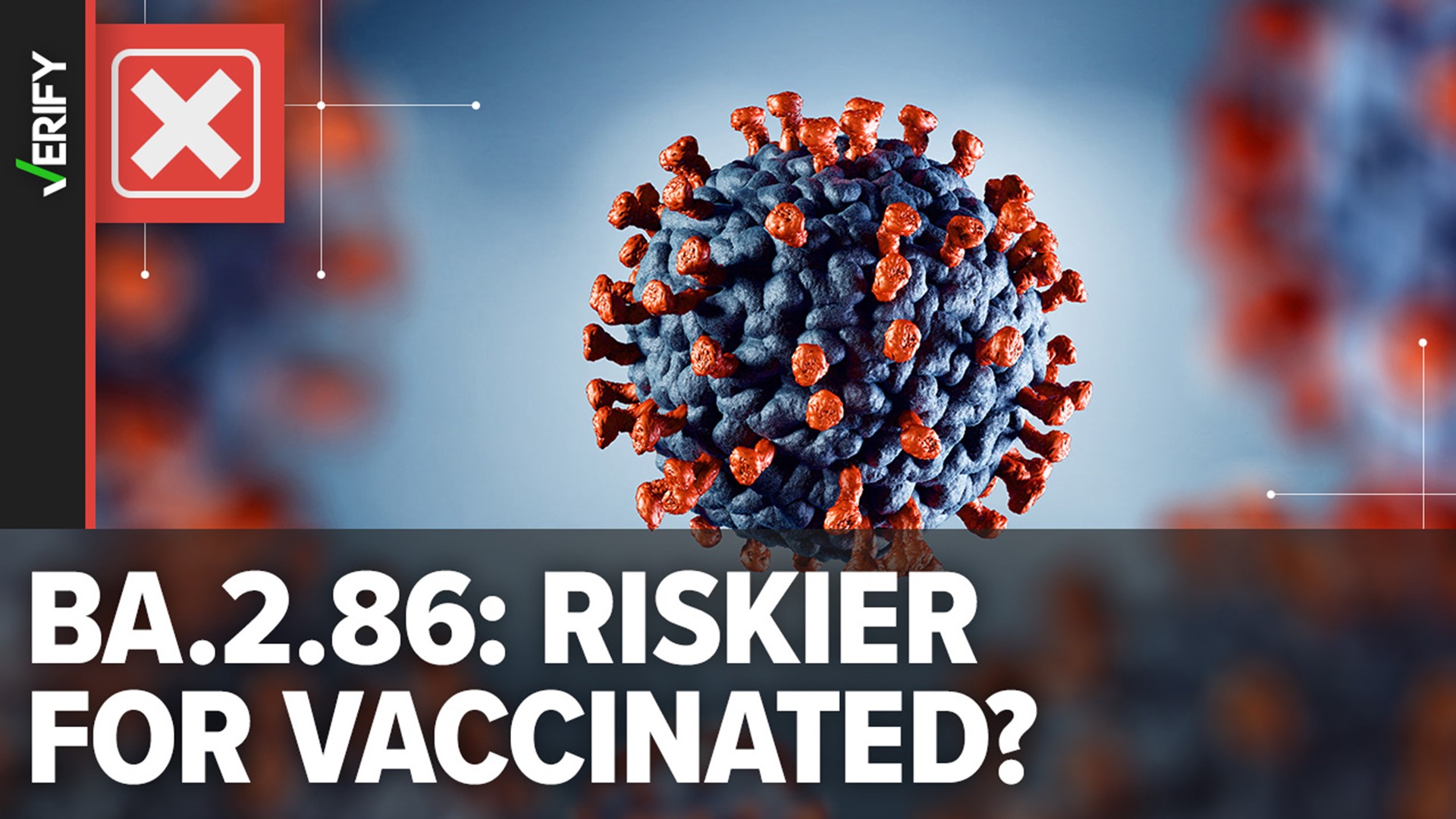Latest Numbers:
- 1,969 deaths
- 29,340 total cases
- 1,530 patients in hospitals
- 213 patients on ventilators
- 64 of 64 parishes reporting cases
- 17,303 presumed recoveries
- 176,160 tests performed
Key Updates:
- As part of COVID-19 restrictions easing slightly starting May 1, Louisiana restaurants outside New Orleans can now offer outdoor seating and malls can offer curbside pickup.
- Business at MSY Airport remains at a trickle on what would have been one of the businesses weekends of the year.
- Various organizations and neighbors around Southeast Louisiana are doing their parts to help feed those in need in creative ways.
19 deaths, 200 new cases reported Sunday
Sunday marked the lowest daily increase in deaths that Louisiana has seen in weeks, with 19 fatalities tied to COVID-19 reported since Saturday.
The Louisiana Department of Health reported 200 additional cases in Sunday's totals, bringing the total count to 29,340.
Gov. John Bel Edwards said Friday that Louisiana's slow recovery from the coronavirus is not even. While the numbers in certain high-density areas of Louisiana are showing a visible downward trend, other parishes with fewer people and testing resources are not.
Friday marked the first day restaurants across the state were allowed to resume outdoor patio seating. Edwards announced the relaxation of some stay at home provisions earlier in the week, even as he extended the order itself to May 15.
The governor said he was following federal guidelines for a tiered system of re-opening based on hospital capacities, testing numbers and a declining daily number of new cases.
Death toll nears 2,000 with Saturday's update
The latest numbers in Louisiana's fight against the coronavirus continue to show a slow decline in the number of fresh cases reported. Saturday's latest numbers show more than 29,000 positive cases of COVID-19 in Louisiana.
Gov. John Bel Edwards on Friday urged everybody to abide by his stay at home order, as the number of deaths from coronavirus continues to grow by dozens of patients every day.
As of Saturday, 1,950 people have died from complications related to COVID-19.
Tools
What are the symptoms?
Symptoms of COVID-19 include fever, cough, and shortness of breath. These symptoms may appear 2 to 14 days after exposure.
Worldwide illnesses have ranged from mild to severe, including severe pneumonia that can result in hospitalization or death.
Older people and people with underlying health conditions including heart disease, lung disease or cancer seem to be at greater risk of serious illness.
People with recent travel to China, or have come in contact with someone who has recent travel and is ill, have a greater risk for becoming ill.
What to do if you are sick:
If you recently traveled to an area affected by COVID-19 transmission, and you feel sick, stay home and call your doctor immediately. Do not go to the doctor without calling first.
If you have a fever, cough, or shortness of breath, call your primary care provider. If you do not have a primary care provider, call the Louisiana Department of Health hotline at 1-855-523-2652.
If you are severely ill and you think you need to go to the hospital, call 9-1-1 or go to an emergency room.
How to Prevent the Spread:
The virus is thought to spread between people in close contact (within 6 feet) and through droplets when an infected person coughs or sneezes.
To prevent the spread of COVID-19 and other respiratory illnesses:
- Avoid close contact with people who are sick.
- Avoid touching your eyes, nose, and mouth.
- Wash hands with soap and water often or use hand sanitizer with at least 60% alcohol. Especially wash hands after going to the bathroom, before eating and after blowing your nose, coughing or sneezing.
- Clean and disinfect frequently touched objects and surfaces using a regular household cleaning spray or wipe.
- Stay home if you feel sick to prevent the spread of germs.
- Cover your cough with your elbow to prevent the spread of germs.
Treatments for COVID-19:
There are no medications specifically approved for COVID-19. People with coronavirus should be treated with supportive care to help relieve symptoms.
Some severe cases require going to the hospital, particularly in the elderly or those with underlying medical conditions.
More Stories:
► Get breaking news from your neighborhood delivered directly to you by downloading the new FREE WWL-TV News app now in the IOS App Store or Google Play.



